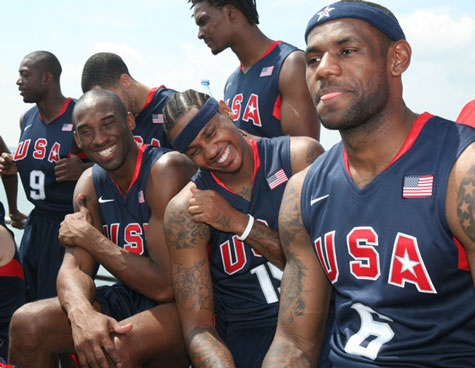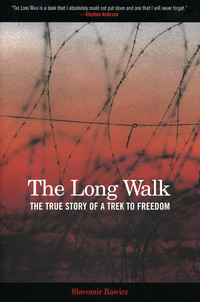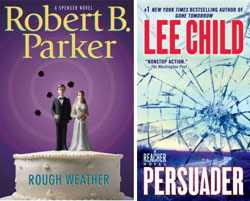Greg Boyd, a pastor in St. Paul, Minn., wrote an excellent piece in the online Relevant Magazine about Christians and patriotism. The article is called “For (Too Much) Love of Country.”
I love my country, but my country’s agenda is not God’s agenda. As Boyd points out, our eternal citizenship is in the Kingdom of God, and we are ambassadors of that Kingdom. When I try to look at the world through God’s eyes, what I see is different from what I see when I merely look at the world through the eyes of an American.
I’ve read a lot of Boyd’s writings regarding patriotism, and find that he cuts right through a whole lot of my deeply-ingrained cultural baggage. Here are some excerpts from Boyd’s article in Relevant Magazine.
I see no problem with an American Christian being patriotic. At the same time, followers of Jesus need to be very careful. History shows us how easy it is for Christians to forget that the Kingdom Jesus came to establish is “not of this world.” And it’s to His Kingdom we are to pledge our sole allegiance.
Throughout history we find Christians buying the age-old pagan lie that God uniquely favors their country, and their national enemies are God’s enemies. Believing that lie, patriotic Christians have tragically followed the orders of earthly rulers and marched into battle “for God and country,” rather than following the example of Jesus–who gave His life for the people who persecuted Him….
Ironically, in some cases the “enemies” Christians have slaughtered have been other patriotic Christians who happened to be born in other countries, or other parts of the same country. Few things have done more to discredit Christianity than the patriotic zeal with which Christians have participated in violence….
If we become too invested in our nation, we can forget our real citizenship is in heaven and our job is to live as ambassadors of Christ. Rather than manifesting the distinctive values of the Kingdom of God, we can begin to assume the ideals of our culture are Kingdom values.
I appreciate that America recognizes my rights to “life, liberty and the pursuit of happiness,” but there is nothing distinctly Kingdom about these rights. They’re nowhere to be found in the Bible. To the contrary, as a follower of Jesus I’m called to surrender my rights to life, liberty and happiness, and instead submit to the will of God. These rights are noble on a political level, but they can get in the way of my call to seek first the Kingdom.
I’m grateful America extends these rights to people, for most countries throughout history have not. But my sole allegiance is to the heavenly Kingdom that calls me to surrender my rights. If I get too concerned with an earthly country that frees me to pursue my rights, my healthy patriotism becomes idolatrous. I’ve put my country’s ideals before God.



 “The Long Walk” is the first-person story of Slavomir Rawicz, a Pole who is imprisoned in Siberia by the Russians, escapes, and treks thousands of miles through some of the harshest conditions on earth. It’s an amazing story of survival. The book was published in 1956, and has since been published in a couple dozen languages.
“The Long Walk” is the first-person story of Slavomir Rawicz, a Pole who is imprisoned in Siberia by the Russians, escapes, and treks thousands of miles through some of the harshest conditions on earth. It’s an amazing story of survival. The book was published in 1956, and has since been published in a couple dozen languages.
 I just finished mystery/thrillers by two can’t-miss authors: Robert Parker and Lee Child.
I just finished mystery/thrillers by two can’t-miss authors: Robert Parker and Lee Child. 





